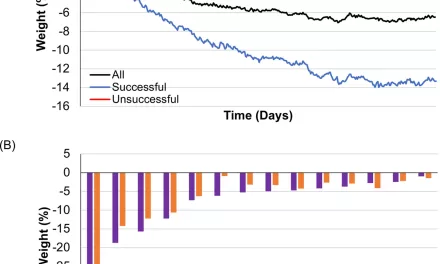The COVID-19 pandemic has significantly widened existing economic and health disparities between wealthy and low-income countries, slowing progress toward health-related Sustainable Development Goals (SDGs), according to a new study published on July 24, 2024, in the open-access journal PLOS ONE. The study, led by Wanessa Miranda of the Federal University of Minas Gerais, Brazil, highlights the pandemic’s devastating impact on global health and its far-reaching economic repercussions.
Established in 2015, the global SDGs aim to address a wide array of issues, from eradicating poverty and promoting well-being to addressing socioeconomic inequalities. However, the COVID-19 pandemic has posed a significant challenge to these objectives, especially in the realm of health.
Miranda and her team investigated the pandemic’s impact on progress toward health-related SDGs by analyzing data from the official United Nations SDG database. They explored the associations between well-being, income levels, and other key socioeconomic health determinants, using a yearly model to predict trends from 2020 to 2030. The study included both a baseline projection and a post-COVID-19 scenario to understand the pandemic’s effects.
The findings revealed stark economic disparities between countries. Low and lower-middle-income countries experienced average economic growth losses of 42% and 28%, respectively, while high- and upper-middle-income countries faced losses of 15% and 7%. These economic setbacks are expected to exacerbate global health inequalities, particularly in areas such as infectious diseases, injuries and violence, maternal and reproductive health, health systems coverage, and neonatal and infant health.
Overall, low-income countries are projected to suffer an average progress loss of 16.5% across all health indicators, compared to just 3% for high-income countries. Specific countries, including Turkmenistan and Myanmar, are estimated to experience progress losses up to nine times worse than the average loss of 8%. The most significant setbacks are anticipated in Africa, the Middle East, Southern Asia, and Latin America.
The authors concluded that the pandemic’s impact has been highly uneven, leading to heightened inequalities globally and particularly affecting the health-related targets of the 2030 SDG Agenda. They emphasized the need for urgent and targeted interventions to mitigate these disparities and support the most affected regions.
“The COVID-19 pandemic significantly widened existing economic and health disparities between wealthy and low-income countries and slowed progress toward health-related Sustainable Development Goals (SDGs). Overall, low-income countries can expect an average progress loss of 16.5% across all health indicators, whereas high-income countries can expect losses as low as 3%,” the authors noted.
This study underscores the urgent need for global cooperation and targeted efforts to address the pandemic’s long-term impacts and support vulnerable populations in achieving sustainable health outcomes.











